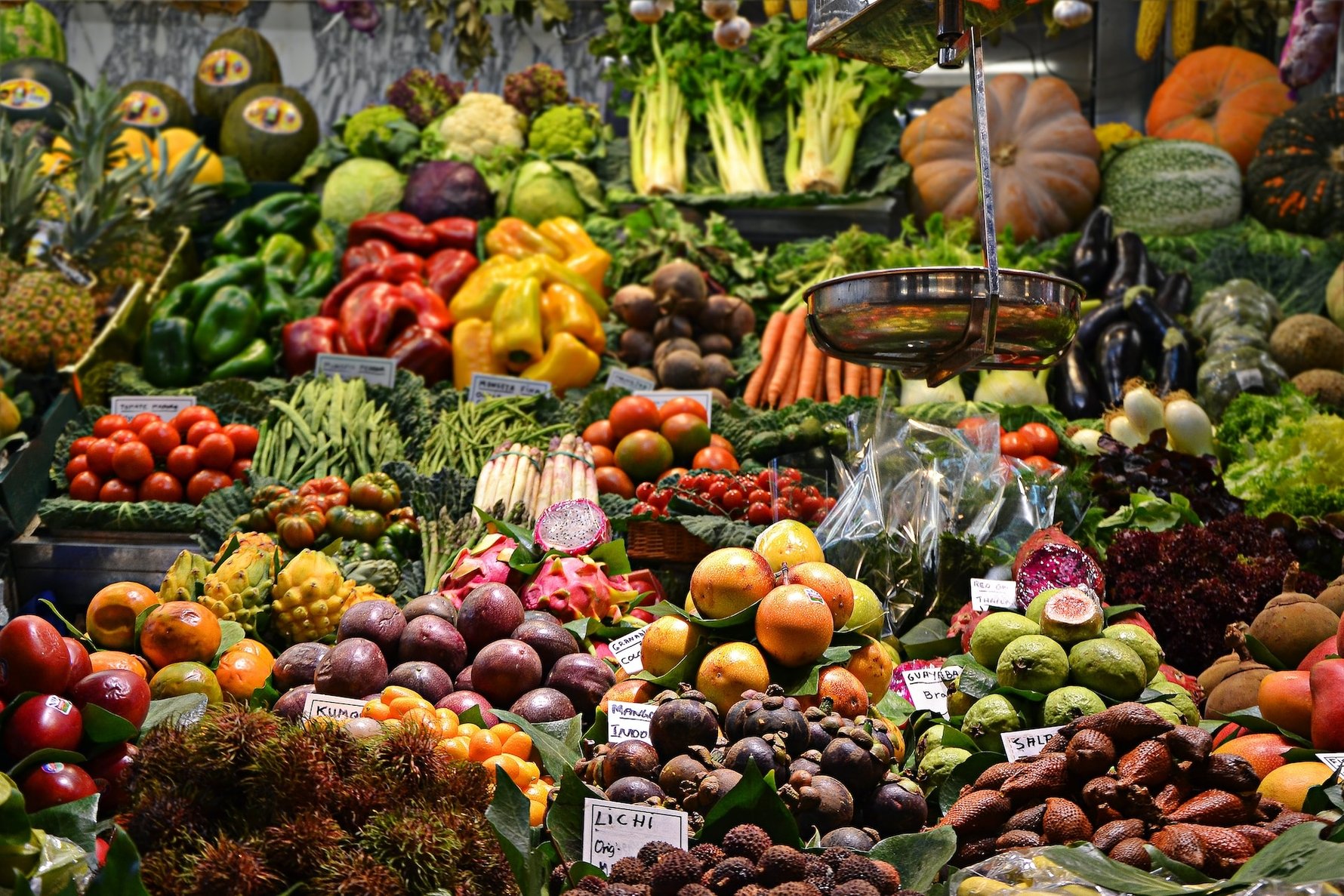Examples of whole foods include roasted meat, while sausage or nuggets fall outside this category due to their processing. Similarly, broiled white fish or perch are classified as whole foods, unlike their processed version, such as fish sticks.
Compared to processed foods, they retain more nutrients, including fiber, minerals, and vitamins. When whole foods form the basis of a diet, they may reduce the risk of heart disease, cancer, and type 2 diabetes.

For snacks, opt for whole foods like fresh fruits, nuts, and seeds, as they are both healthy and satisfying between meals. You can replace processed snacks like nut bars, muesli bars, granola bars, dried fruit, or chocolate with simpler options, such as nuts and seeds or fresh and chopped fruits. Swap flavored milk or yogurt for plain yogurt with frozen fruit and trade potato or vegetable chips for homemade popcorn or veggie sticks with hummus.
Whole foods are also free from added sugar. As increased sugar intake is linked to higher risks of obesity, type 2 diabetes, fatty liver disease, and heart disease, reducing it helps manage blood sugar and lower unhealthy fats in the blood.
Budget-friendly nutrition
Maintaining a nutritious diet can be expensive, given the rising prices of fresh meats, fruits, vegetables, and other unprocessed items. While opting for processed foods might seem like a money-saving temptation, there are budget-friendly strategies to enjoy a wholesome, unprocessed diet. Choosing the right foods at the right times helps you save money while maintaining a balanced and healthy diet with unprocessed, healthy choices.Shop at places like local markets, butcher shops, or bulk stores, which often offer whole foods at affordable prices. Try to allocate 40 percent of your grocery haul to fruits and vegetables, and don't overlook canned or frozen varieties, which can be just as nutritious.
These days, many consumers are into whole foods online shopping as a means to access organic whole foods at more affordable prices. Online shopping platforms have made it easier for consumers to access a wider range of products, including organic whole foods.
Online retailers often offer a diverse selection of organic products, allowing consumers to compare prices and find the best deals. Additionally, many online retailers have partnerships with local organic farmers and suppliers, which can lead to cost savings that are passed on to the consumer.
The trend of buying organic whole foods online is a result of the increasing demand for healthier and more sustainable food choices, coupled with the convenience and cost-effectiveness of online shopping. This trend is expected to continue as more consumers seek access to high-quality, organic products while keeping their budgets in check.


Comments